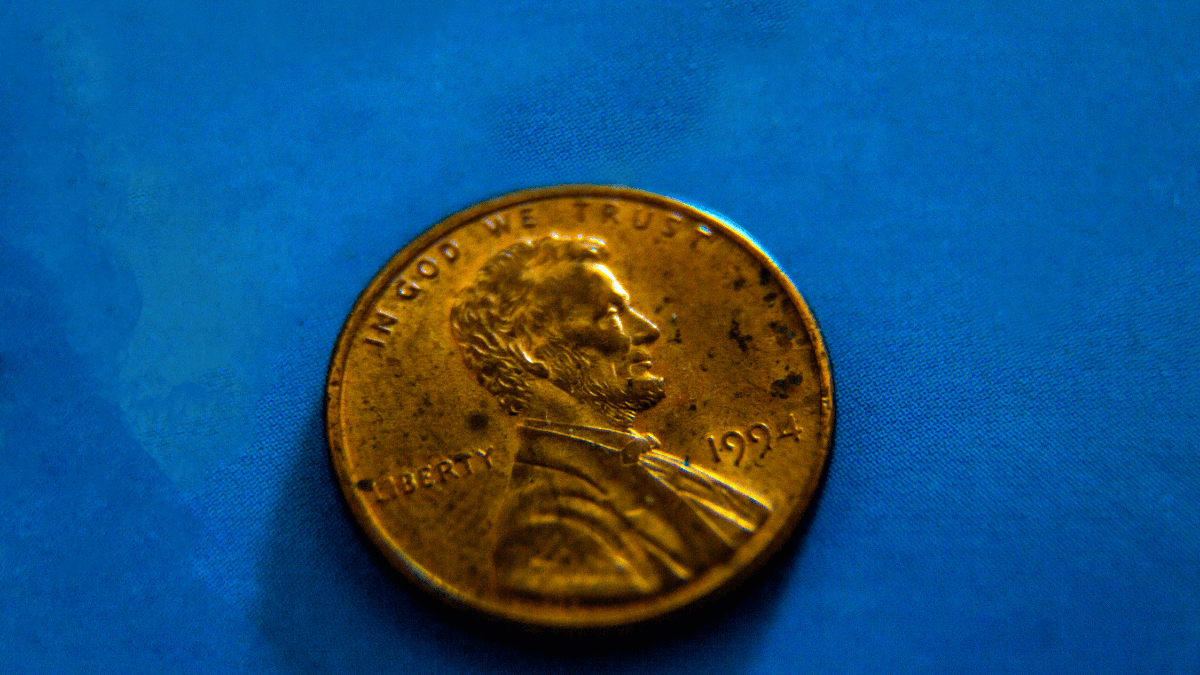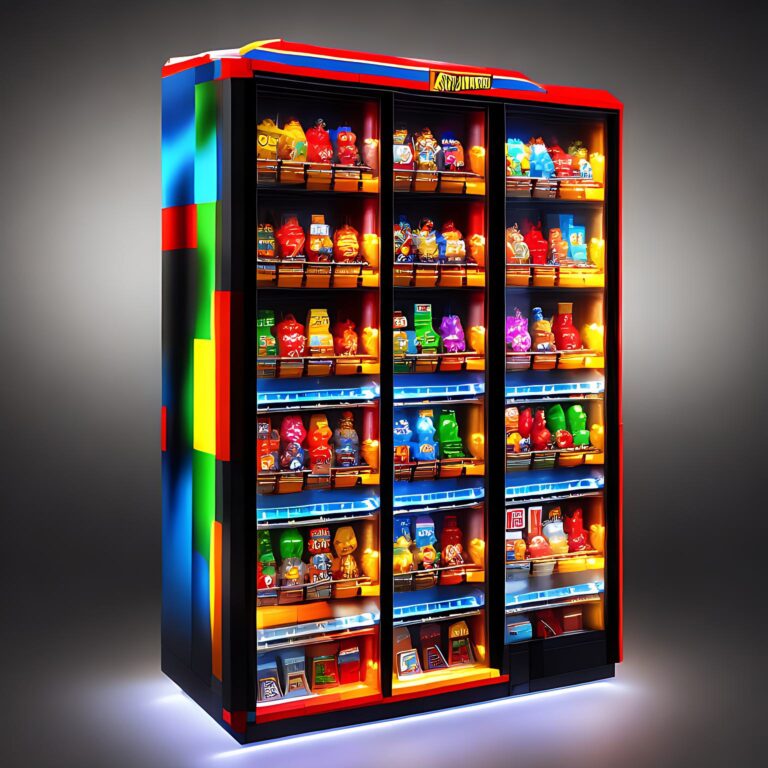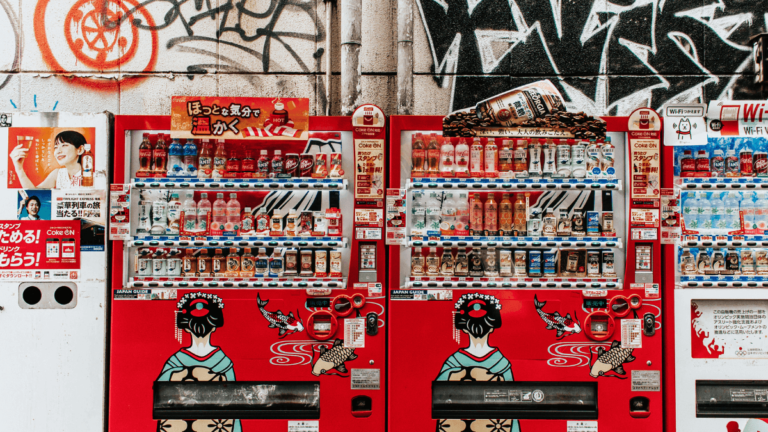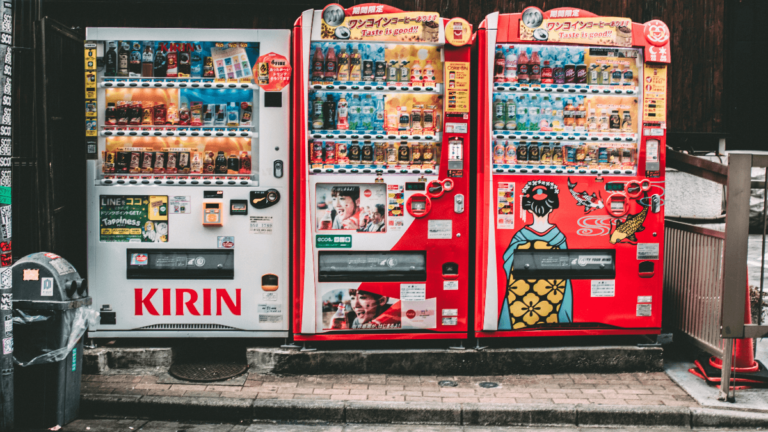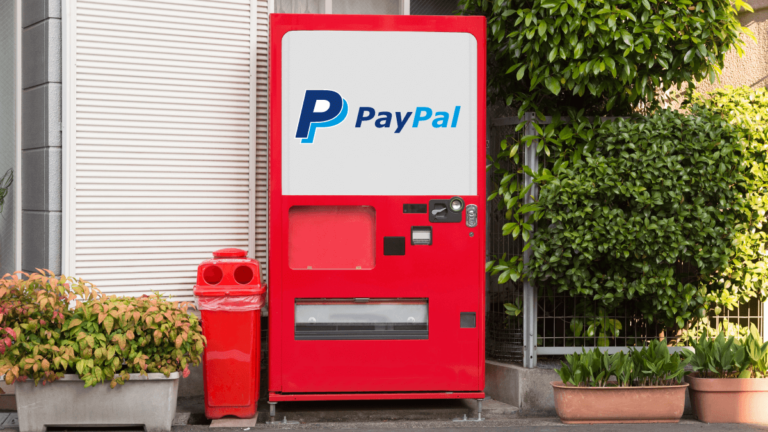Do Vending Machines Take Pennies? No, Here are 6 Reason Why
Vending machines make it easy to purchase a variety of items on the go, and since many of these snacks are relatively inexpensive, you might be wondering whether you can use small coins to pay for them.
So, do vending machines take pennies?
No, modern Vending machines don’t take pennies and the vast majority of relatively modern vending machines won’t accept or register pennies for payment due to a wide range of reasons, such as lack of practicality and large physical space in the storage slot.
If you’re interested in knowing more about these reasons and why a vending machine may reject a payment, this article will answer all your questions.
Will a Vending Machine Accept Pennies?
While extremely old vending machines and mini candy machines may still accept it, most of these machines aren’t found anywhere nowadays and are mostly replaced with more advanced machines that don’t accept pennies as a form of payment.
If you tried inserting a penny into any relatively modern vending machine, it may return the coins back through the refund slot.
However, in the vast majority of cases, the machine will simply treat the penny as a fake coin, also known as a “slug”, and may not return the coin back through the refund slot, but that depends on the machine’s model.
Why Don’t Vending Machines Accept Pennies As Payment?
Now that you know that vending machines rarely accept pennies, you might be wondering about the reasons for that. After all, rejecting money isn’t exactly the most “financially wise” idea, right?
In this section, we’ll walk you through some of the reasons why pennies are usually rejected as payments in vending machines.
1. Pennies Aren’t a Practical Form of Payment Anymore
One popular argument that some people make is that pennies are good for business because a lot of people have excess pennies that they might want to spend in a vending machine.
The thing here is that accepting pennies isn’t a very practical form of payment because you need 100 of these coins to make one dollar.
Keeping in mind that vending machine owners still have to pay a fee to transform these pennies into dollars, it’s easy to understand that pennies will cut their profits.
2. Pennies Takes a Lot of Physical Space
In addition to having a little value, you should keep in mind that one cent is still 0.75 inches in diameter and about 0.059 inches thick.
These numbers can add up pretty quickly, which ends up overfilling the coin slots with low-value currency. When that happens, the machines won’t accept more money from other customers.
This harms the business in the long run as excessive back and forth to empty the machine can sometimes be costly if you manage multiple vending machines)
3. It’ll Take More Time to Process and Complete the Payment
A well-placed vending machine – for example, office break rooms, rest stops, etc – will have a lot of customers during peak time.
Since processing coins takes some time and paying in pennies means a lot of coins, it’ll take a lot of time to complete the payment, which makes paying in pennies highly impractical.
4. Card Payments Solved the Change Problem
Another compelling argument regarding pennies is that it solves the change problem. If you’re buying an item that is $1.99, a machine that deals in pennies will give you a penny as a change.
However, since many new vending machines use card payments, change isn’t a problem anymore.
Reasons Why Vending Machines May Reject Payments
While most vending machines are deliberately designed so that they don’t accept a penny as payment, there are some other reasons why a vending machine may reject a legit payment with other acceptable forms of currency. These reasons include:
5. Troubles Scanning the Money
Sometimes, the mechanisms that accept the bills may have trouble operating properly. Most machines are designed so that they reject and refund the payment if that happens.
Similarly, you might be using bills or coins that are heavily damaged that the machine’s sensors fail to scan the pattern properly.
6. Storage Problems
Another reason why a vending machine may reject a perfectly acceptable currency is that the money storage is filled out, so it can’t accept any more money.
Alternatively, if the machine has a dedicated change slot and it’s empty, it won’t be able to return the change, so it rejects the transaction.
Do Vending Machines Reject Other Kinds of Coins?
Although most vending machines don’t accept pennies, many of them may still accept other kinds of coins that are in circulation. This mostly includes dimes and quarters, but machines that also accept nickels exist as well.
Does a Vending Machine Accept Paper Bills?
Most modern vending machines are designed to accept various dollar bills. The most commonly accepted bills are the 1, $2, as well as the 5 dollar bill.
But, since many items nowadays are getting more expensive, some vending machines will also accept higher-value bills, such as 10 and 20 dollars.
Anything higher than that is usually rejected by the bill acceptor mechanism and will be returned back immediately.
What Can You Do If the Machine Rejects Your Payment?
If the machine rejects your payment, you might want to give it a moment to process a refund and return the penny through the refund slot.
However, not all machines will reject and refund pennies, as some machines will simply ignore the payment without refunding the money, so you have to keep that in mind.
If you paid with an accepted form of cash and the machine rejects your payment, it’ll return to the refund slot.
You can try another accepted currency, if it is still rejected, it might be due to any of the reasons mentioned above.
Final Thoughts
This wraps it up for today’s guide about vending machines and whether they accept pennies as a form of payment.
As you can see, most vending machines found out there nowadays won’t accept the pennies and count them as a slug or foreign currency.
This means that there’s a good chance that you won’t get your penny back from the refund slot, so you have to keep that in mind.
